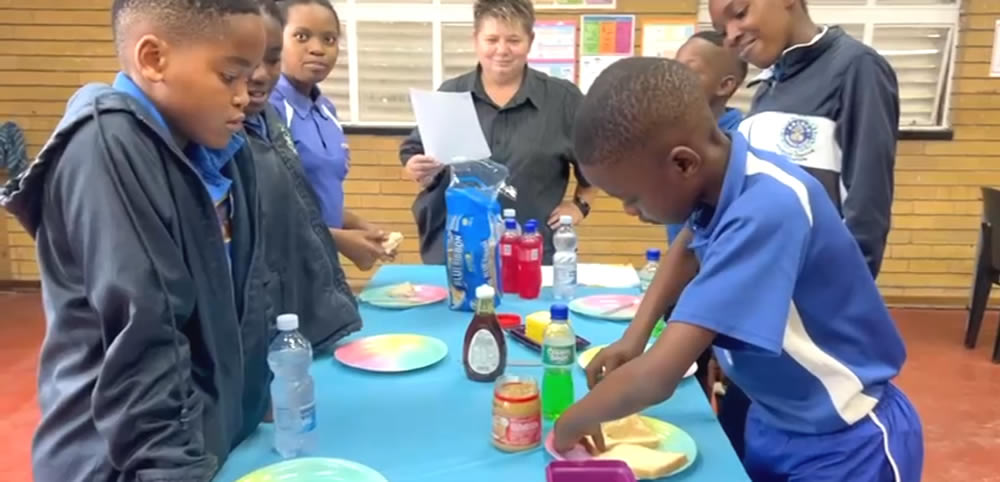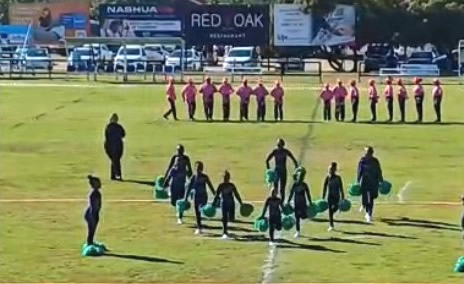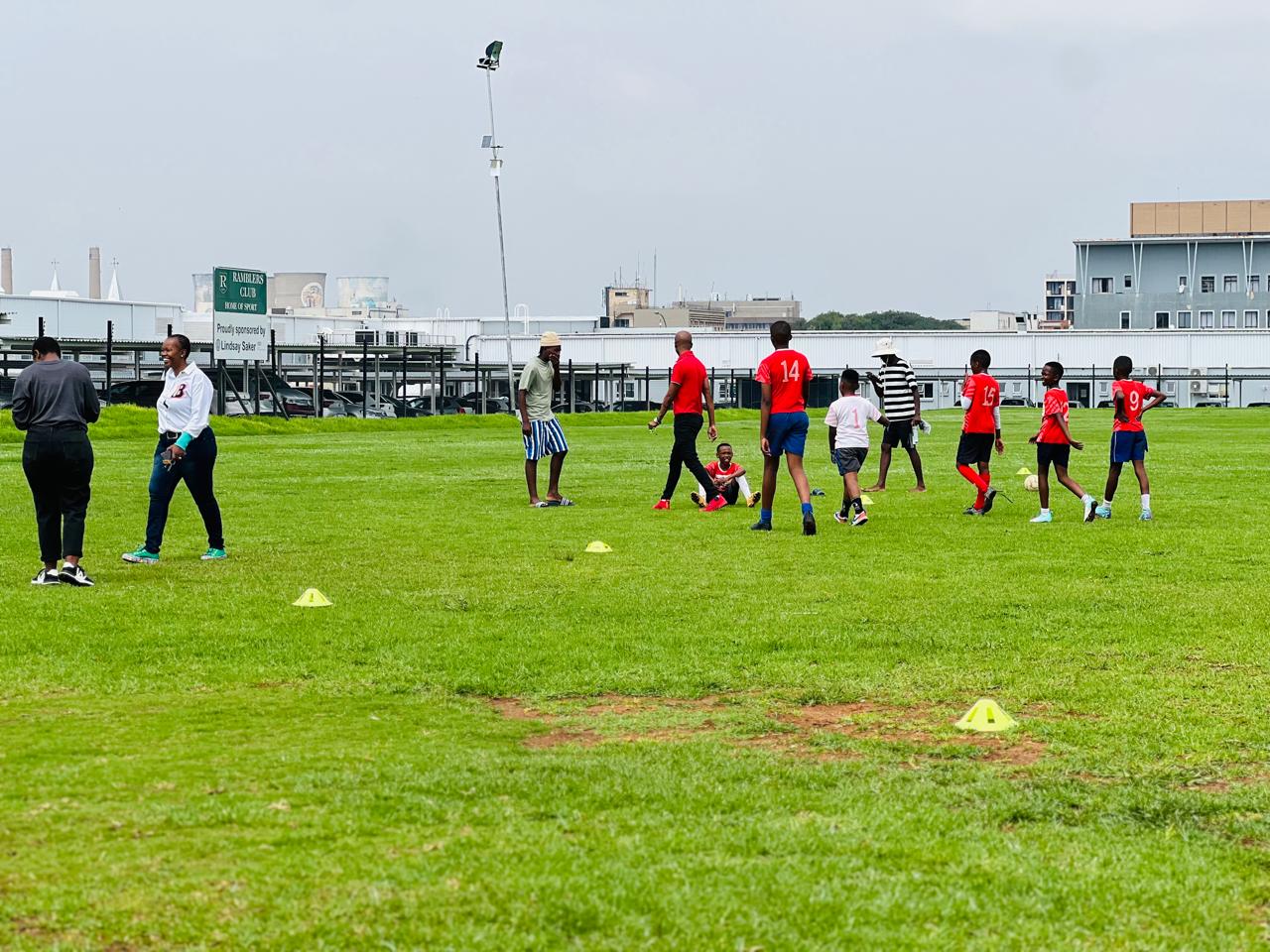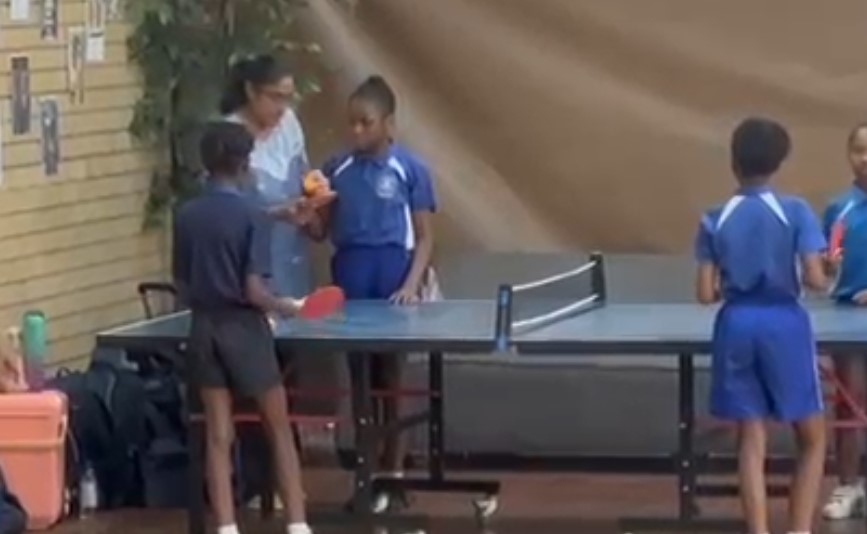Sport & Culture
Playlist
4 Videos
School Sport Policies
Schools in South Africa typically have clear policies and codes of conduct for parents regarding their child’s participation in sports. These rules are designed to ensure the well-being of the learners, promote good sportsmanship, and support the coaching staff and school’s values.
Here’s a breakdown of common rules and expectations for parents in school sports:
1. Supporting the Child’s Enjoyment and Development:
- Do not force participation:* Children should participate because they want to, not because they are pressured by parents.
- Focus on effort and sportsmanship:* Emphasize effort, learning, teamwork, and fair play over winning at all costs. Celebrate good play from all children, not just their own.
- Teach values:* Reinforce honesty, respect, discipline, and humility in both victory and defeat.
- Be realistic:* Have realistic expectations of your child’s ability and skill level, understanding that development takes time and encouragement.
2. Conduct on the Sidelines (Spectator Behaviour):
- Positive encouragement only:* Applaud good play from both teams. Refrain from directing negative comments, ridiculing, or yelling at players (including their own child or teammates), coaches, referees, or opposing supporters.
- Respect officials’ decisions:* Accept all decisions made by umpires or referees without argument or backchat.
- Stay in designated areas:* Parents and spectators must remain clear of the sidelines and playing areas. They are generally not allowed on the field, especially if a child is injured, as trained medical personnel will attend.
- No foul language or aggressive behaviour:* Physical violence, defamatory language, offensive gestures, or any disruptive behaviour is strictly prohibited. Parents are expected to set a good example.
- Represent the school positively: Parents are often considered representatives of the school when attending matches and should conduct themselves in a way that upholds the school’s reputation.
3. Respect for Coaches and School Staff:
- Allow the coach to coach:* Parents should not “sideline coach” or interfere with the coach’s instructions, team selection, or decisions during practices or matches. The coach is responsible for guiding the team.
- Communicate appropriately:* If a parent has concerns or complaints, they should follow the established school channels (e.g., approach the Head of Sport or relevant teacher/coach at a suitable time and place, not during a game).
- Trust the school’s expertise:* Understand that school sports programs are designed by educators for the holistic development of the child.
- Support commitments:* Encourage the child to fulfill all commitments to the sport for the entire season, including attending practices and fixtures. If a child needs to miss an event, parents must provide timely notification and a valid reason (e.g., a medical note for illness).
4. Commitment and Logistics:
- Punctuality:* Ensure children are punctual for practices and matches and are collected timeously afterwards.
- Correct attire:* Ensure children have and wear the correct and appropriate kit/uniform for practices and matches.
- Prioritise school sports:* Many schools expect school fixtures to take preference over club sports or other appointments, especially during the season.
- Financial responsibilities:* Adhere to any financial requirements related to the sport (e.g., trip costs, kit fees).
*Overall, the emphasis in South African school sports policies for parents is on creating a positive, safe, and nurturing environment where children can learn, grow, and enjoy physical activity, guided by principles of sportsmanship and respect.*




